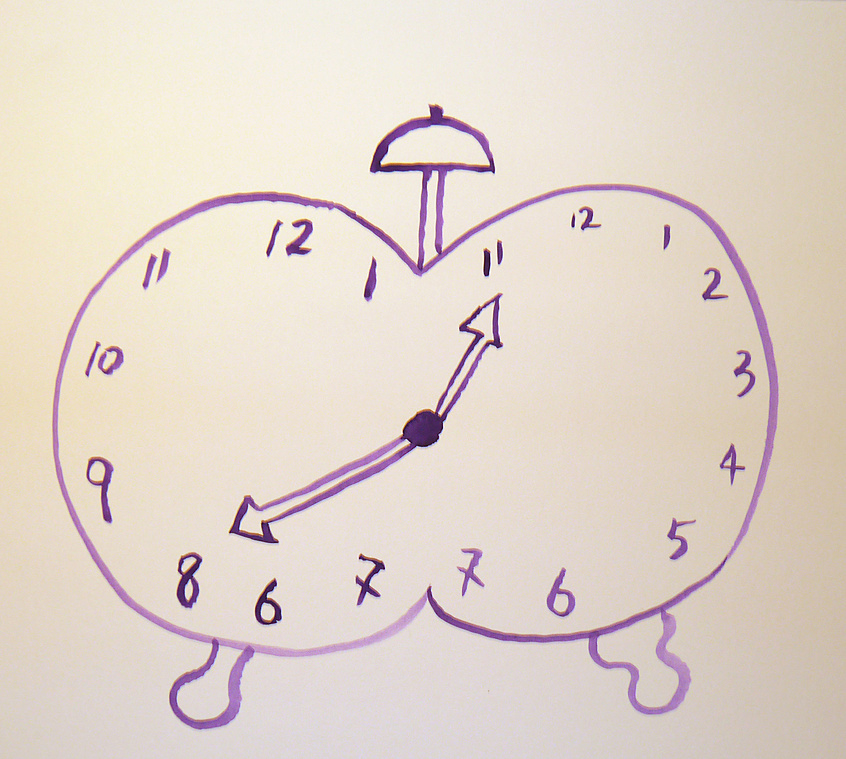(Starting at the pavilion and then walking towards the hill)

Modernist ruin, photo: Vincent Verhoef
Is modernity our antiquity? This was a question posed by documenta 12 in 2007. In light of the social, political, and aesthetic/artistic developments in the intervening years, it is worth returning to this question now, since it invites us to reflect on modernity as an archaeological period, as a phase that can be examined through its materiality and temporality. What does an archaeology of modernity look like? Is there an archaeology of the contemporary? Does revisiting the early modern break or “quarrel” with antiquity serve us well in the present? And what does it mean to go beyond such linear conceptions of temporality and instead imagine a multitemporal materiality, defined by coexistence rather than succession? These are some of the questions that we engage with in this discussion, which explores the role of antiquities and the material past as well as the significance of ancient and contemporary ruins in Greece today. Finally, marking ten years since the publication of the book The Nation and its Ruins: Antiquity, Archaeology and National Imagination in Greece, we reflect on how the colonial/national nexus once defining the archaeological has changed in the era of the “indebted man,” global migration, and the “reception crisis” of the global North.
The conversation takes place only in English.
Yannis Hamilakis is Joukowsky Family Professor of Archaeology and Professor of Modern Greek Studies at Brown University, where he teaches courses on decolonizing classical antiquity, archaeological ethnography, contemporary migration, and the military-archaeology complex. He has authored, edited, and coedited 15 books and anthologies, including the Nation and its Ruins (2007), Archaeology and the Senses (2013), Camera Kalaureia: An Archaeological Photo-ethnography (2016; with Fotis Ifantidis), and Archaeologies of Forced and Undocumented Migration (2017).
Arnisa Zeqo is an art historian based in Athens. In 2011 she cofounded rongwrong, a space for art and theory in Amsterdam. Recently she was curator in residence at Center for Curatorial Studies at Bard College, where she focused on works of art at the edge of the performative and authored the conceptual essay “Let’s Spit on Szeemann.” Zeqo is part of the team of documenta 14 in Athens as coordinator of education.

